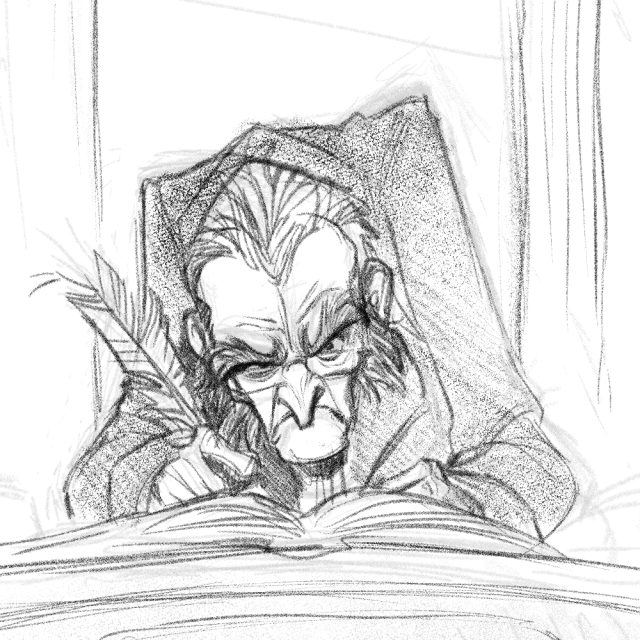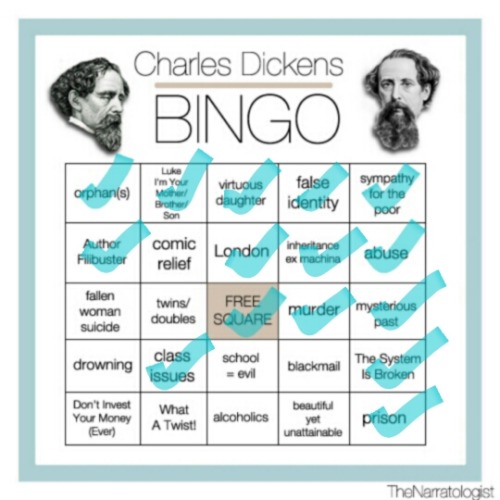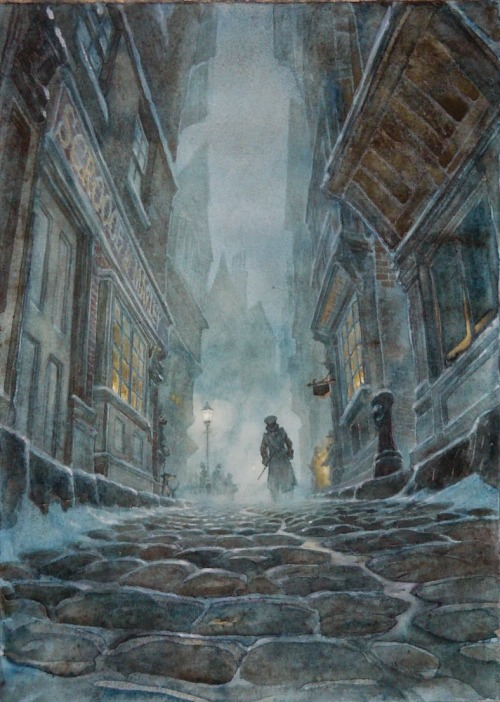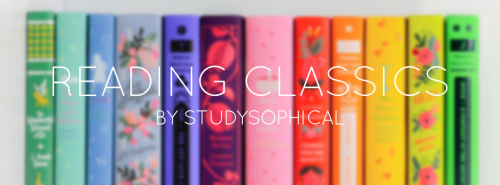#charles dickens
Played some Dickens bingo with Oliver Twist. Double bingo, woo hoo! Bingo card belongs to @thenarratologist
You win! Twice!
Post link

7 February 1812 to 9 June 1870
I was going to write a little something about Charles Dickens and I started reading up on him and I couldn’t think how I could summarise Dickens in just a couple of sentences. Plus everyone knows who Dickens is. So, I’m just going to leave you with a few of my favourite quotes.
“No one is useless in this world who lightens the burdens of another.”
“There are books of which the backs and covers are by far the best parts.”
“I loved her against reason, against promise, against peace, against hope, against happiness, against all discouragement that could be.”
“You have been the last dream of my soul.”
One more! Hopefully today Scrooge is just fooling before he gives Cratchit his raise. Happy holidays, my friends!

When Emily Dickinson said “How dreary to be somebody”, and Daffodils said “It’s been raining inside my head again”, and Oscar Wilde said “Behind sorrow there is always sorrow”.
fuck literary gatekeeping, read whatever you want.

“Annual income twenty pounds, annual expenditure nineteen nineteen and six, result happiness. Annual income twenty pounds, annual expenditure twenty pounds ought and six, result misery.”
Charles Dickens, David Copperfield
“But what did Scrooge care! It was the very thing he liked. To edge his way along the crowded paths of life”
A Christmas Carol by Charles Dickens.
illustration by P.J.Lynch
Post link

Scared of everything
Italy, 04/12/2019
Hello friends! Today I decided to create a post that is somewhat less conventional, but still quite relevant. Since I’m a student that apart from studying also loves to read, this post will be dedicated entirely to reading classics and how to enjoy reading them! When I first started out I probably felt the same things many people feel when they first start reading classics, especially in school, but I can promise you, once you start to read them more, you’ll start to actually like them. In any case, below you’ll find a list of tips and recommendations I wish to share with you, so I hope you like it :)
1. Where/how to start
Getting started with classics is for many people the biggest obstacle, but you can overcome your fear of classics by just simply starting to read them. However, where many people go wrong, is that they don’t choose their first classics wisely and will be appalled by them because of it. But worry not, below is a list of some of (personal) recommendations of classics generally considered enjoyable. If you feel like this is a step too big, you can also start off by watching some good TV/movie adaptations of classics, which are included as well.
2. Recommendations below 200 pages
- The Catcher in the Rye - J.D. Salinger
- Northanger Abbey - Jane Austen
- Mrs. Dalloway - Virginia Woolf
- The Great Gatsby - F. Scott Fitzgerald
- The Importance of Being Earnest - Oscar Wilde (very hilarious)
- Under the Greenwood Tree - Thomas Hardy
- Silas Marner - George Eliot
- Persuasion - Jane Austen
- A Christmas Carol - Charles Dickens (the classic Christmas read)
- The Time Machine - H.G. Wells
- A Room With a View - E.M. Forster
- Nineteen Eighty Four - George Orwell
- The Bell Jar - Sylvia Plath
3. Recommendations beyond 200 pages
- Pride and Prejudice - Jane Austen
- The Lord of the Rings - J.R.R. Tolkien (yes, this is a classic)
- North and South - Elizabeth Gaskell
- Emma - Jane Austen
- The Talented Mr. Ripley - Patricia Highsmith
- Jane Eyre - Charlotte Brontë (one of my favourite books of all time)
- Little Women - Louisa May Alcott
- War and Peace - Leo Tolstoy (a gigantic 1400 pages)
- The Tenant of Wildfell Hall - Anne Brontë (super feminist!)
- Wives and Daughters - Elizabeth Gaskell
- Far From the Madding Crowd - Thomas Hardy
- Anna Karenina - Leo Tolstoy
- Orlando - Virginia Woolf
4. TV/movie adaptations
- North and South (2004) BBC miniseries
- Jane Eyre (2006) BBC miniseries
- Pride and Prejudice (2005) movie
- The Count of Monte Cristo (2002) movie
- War and Peace (2016) BBC miniseries
- The Great Gatsby (2013) movie
- The Talented Mr. Ripley(1999)
- Scrooge (1970) movie
5. Some nice editions of classics
- Penguin English Library classics (very afforable!)
- Penguin Clothbound classics (my personal favourites)
- Penguin Modern classics
- Barnes & Noble Leatherbound classics
- The Art of the Novella series
- Vintage Classics Austen series
6. How to enjoy them
Reading classics is at some point a kind of trial-and-error experience, so I suggest that you begin by reading a wide variety of shorter classics from which you can gradually decide upon the types of classics you do like and the types you don’t. Once you discover the time/era, writing style, themes, and place you favour, it’s much easier and enjoyable to read more classics, and lengthier ones as well. Reading classics does not mean that you have to read within all times or eras, but you can also enjoy one particular era as well (I personally love the 1850-1900 era). In the end, you should have a pretty good idea of what you like, and trust me, reading classics will by no means be scary anymore!
7. How to enjoy them at school
Once you have familiarised with classics, you’ll also have familiarised with the writing style and the types of stories. This means that reading classics in school will be much easier to do as well, because it will help you spend much less time worrying about the book, but can instead help you enjoy and appreciate it. Truly, not all the books you’ll read in school will be fun or good, but just remember that not all classics are like that! If you’re lucky enough to read a book that you do like, you’ll read it much quicker and understand a lot better now that you know in what context it can be placed. If you still feel scared, please watch this video, it does wonders.
This post turned out to be longer than expected, but hopefully it can help all of you out! If you have any questions about this post, or more general things (or if you’d like to talk to me about books), you can always send me an ask. See you next time!
Post link
No olvides que te espero, no esperes que te olvide.
Charles Dickens
“You can stop swimming now, Lily. We finally reached the shore.”
It Ends With Us,Colleen Hoover
“Please don’t ever become a stranger whose laugh I could recognize anywhere”
New Year’s Day (reputation),Taylor Swift
“Because sometimes the only way to learn is to live”
The Midnight Library, Matt Haig
Pardon my sanity, in a world insane.
Letter to Elizabeth Holland,Emily Dickinson
“We are the only poets, and everyone else is prose.”
Letters to Susan Huntington Dickinson,Emily Dickinson
“What if I told you I’m incapable of tolerating my own heart?”
Night and Day,Virginia Woolf







